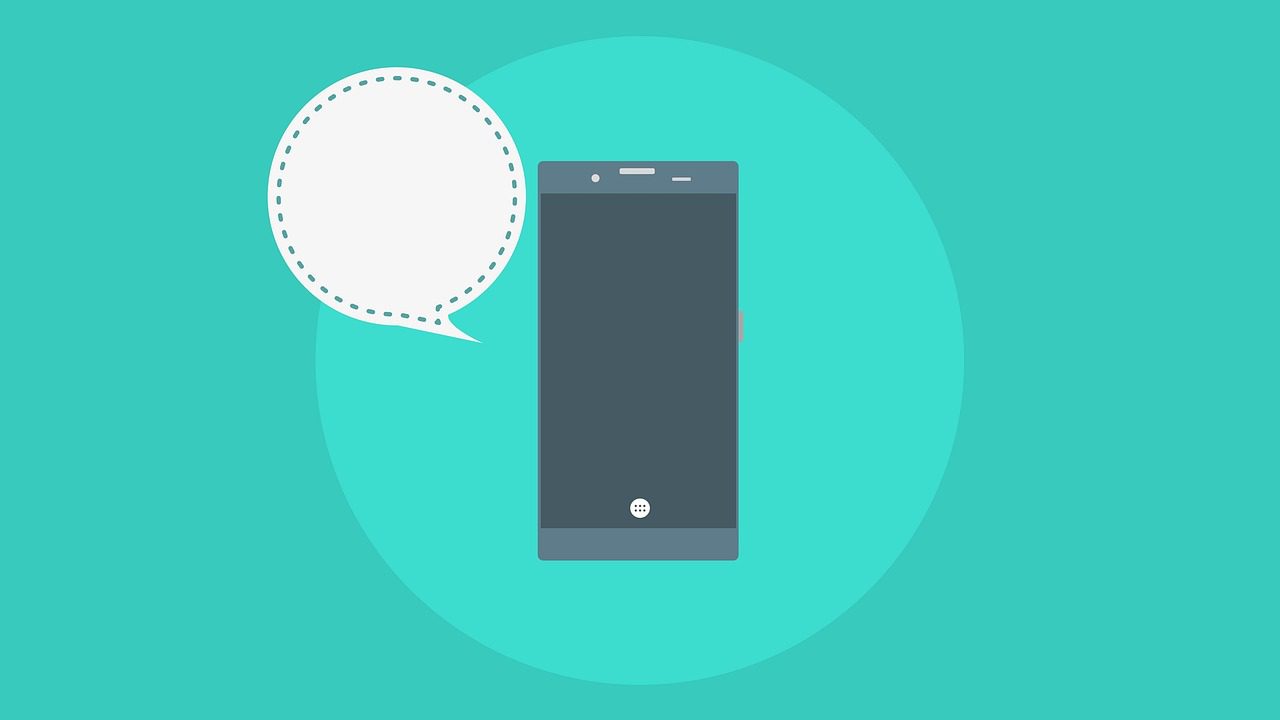Despite the proliferation of instant messaging applications in recent years, WhatsApp continues to be the go-to option for hundreds of millions of users all over the globe. Nevertheless, given that the protection of one’s privacy is now more essential than it has ever been before, it is worthwhile to consider all of the available alternatives and choose the one that best suits our needs in order to conduct private discussions.
Because of Facebook’s poor performance in the area of user privacy over the last several years, WhatsApp has been the target of criticism from privacy advocates all over the globe. As a consequence of this, alternative messaging applications like Signal and Telegram have seen a rise in their level of use.
But just what do you receive when you choose one of these other options? Which messaging app gives you the most control over your privacy settings? Let’s find out.
By a wide margin, WhatsApp is one of the most widely used messaging programs currently available. It has a head start over the majority of its competitors, but it is lacking in a wide variety of capabilities that have been accessible on other mobile applications. Despite this, it continues to have a large number of users, which contributes to its popularity. How often do you see all of your contacts moving to a different messaging service at the same time?
However, just because it lacks functionality does not indicate that it lacks privacy, which is one of the most important components of communication in the modern world. In 2016, WhatsApp began using end-to-end encryption, which was based on the system developed by Signal.
Because WhatsApp automatically encrypts your messages and calls from beginning to finish, you won’t need to worry about being the vulnerable link in your own or other people’s interactions. This applies to both you and the contacts you exchange messages with. Encryption cannot be disabled since there is no option to do so. There are also additional privacy options available, such as alerts that are sent out each time the security code of one of your contacts is updated, messages that vanish once they have been read, and more.
However, WhatsApp is beset by additional security vulnerabilities, one of which is the fact that it is owned by Facebook. This is a problem since it makes WhatsApp less secure. The controversial user data gathering practices implemented by the world’s largest social media company have drawn severe condemnation from a variety of authorities, such as those in India. As a result of this, you should probably look into other options and gradually move your chatting groups over to the appropriate applications.
Signal
Signal has been the go-to application for secure communications for quite some time now, and the quality of the program itself has only increased throughout the course of its existence. The fact that the app is both open-source and free is maybe the nicest thing about it. As a result, the app’s codebase is accessible to anybody who is interested in seeing it.
Signal does not yet support some of the features that are available on other messaging applications, such as UPI payments, starred messages, live location sharing, and more. Nevertheless, Signal is the finest choice available right now if you want an app for communicating that is both the safest and the most respectful of your privacy.
Telegram
Telegram is an additional option to WhatsApp and Signal; nevertheless, it has one significant downside, which is that end-to-end encryption is not enabled by default.
When you activate encryption in a chat, the conversation will no longer be synchronized between devices, which is one of Telegram’s most appealing features. However, this feature is rendered useless since encrypted conversations cannot be read on other devices.
Telegram records users’ IP addresses and gathers other user data, and its encryption has not yet been properly tested by independent security experts. This is an additional concern that should be taken into consideration and should be taken into account.
Telegram does offer a vast range of capabilities that are not accessible on either WhatsApp or Signal, and its applications also have a very high level of responsiveness to user input. If, on the other hand, protecting your privacy is your first priority, you should know that it comes in last on this list.












Leave a Reply